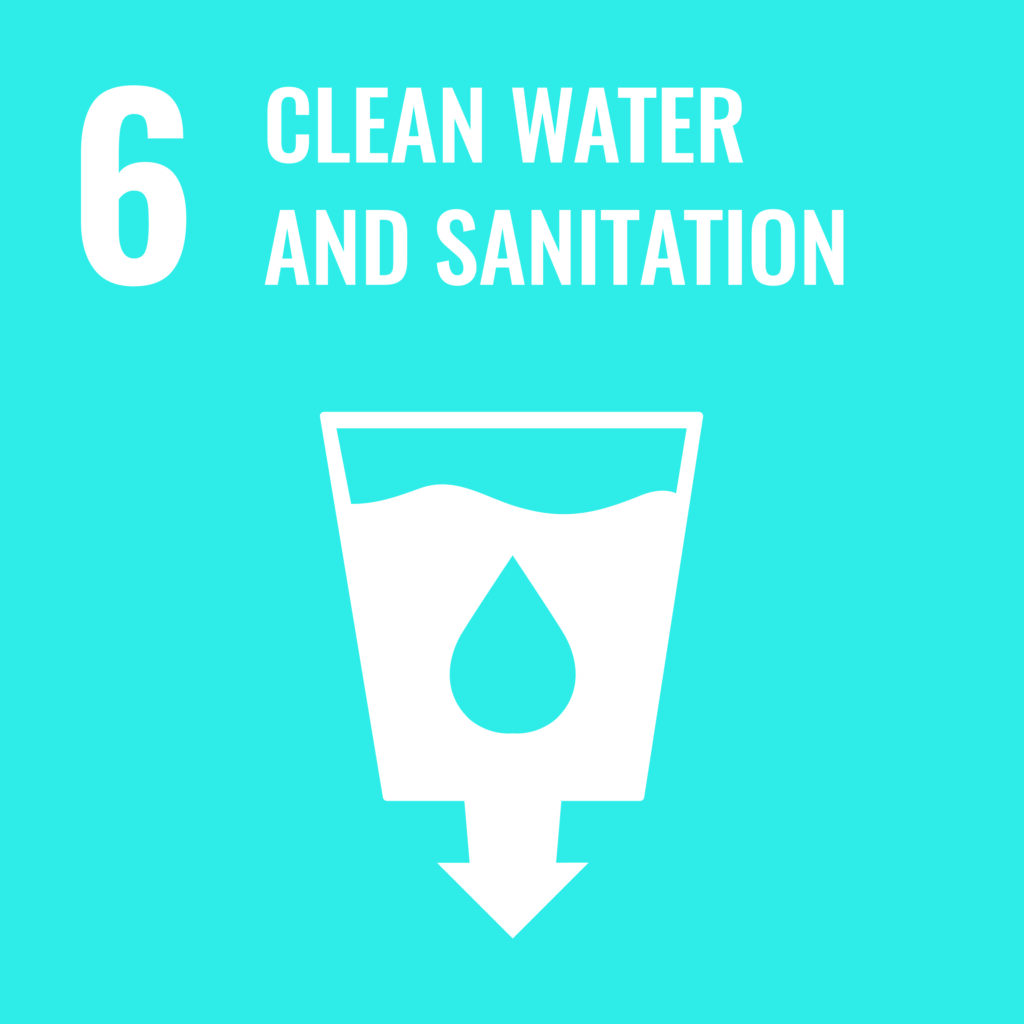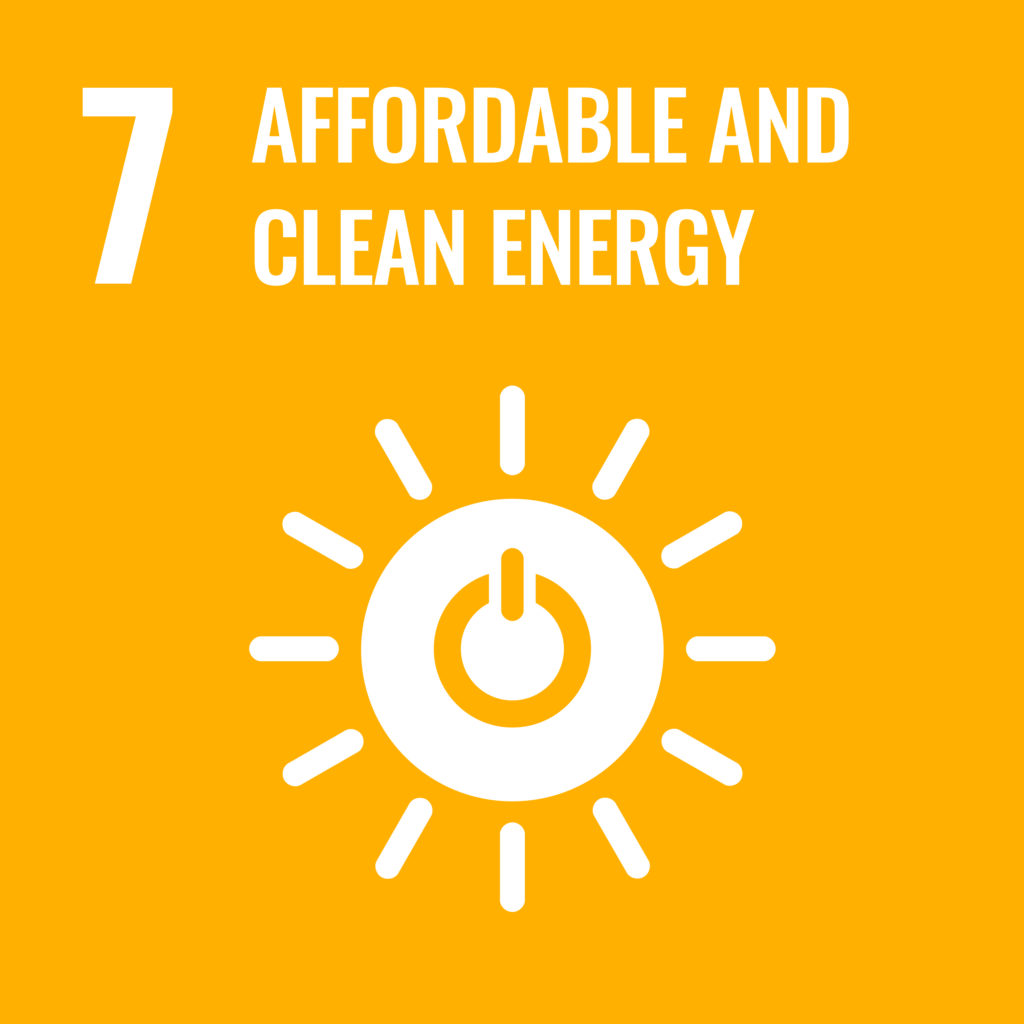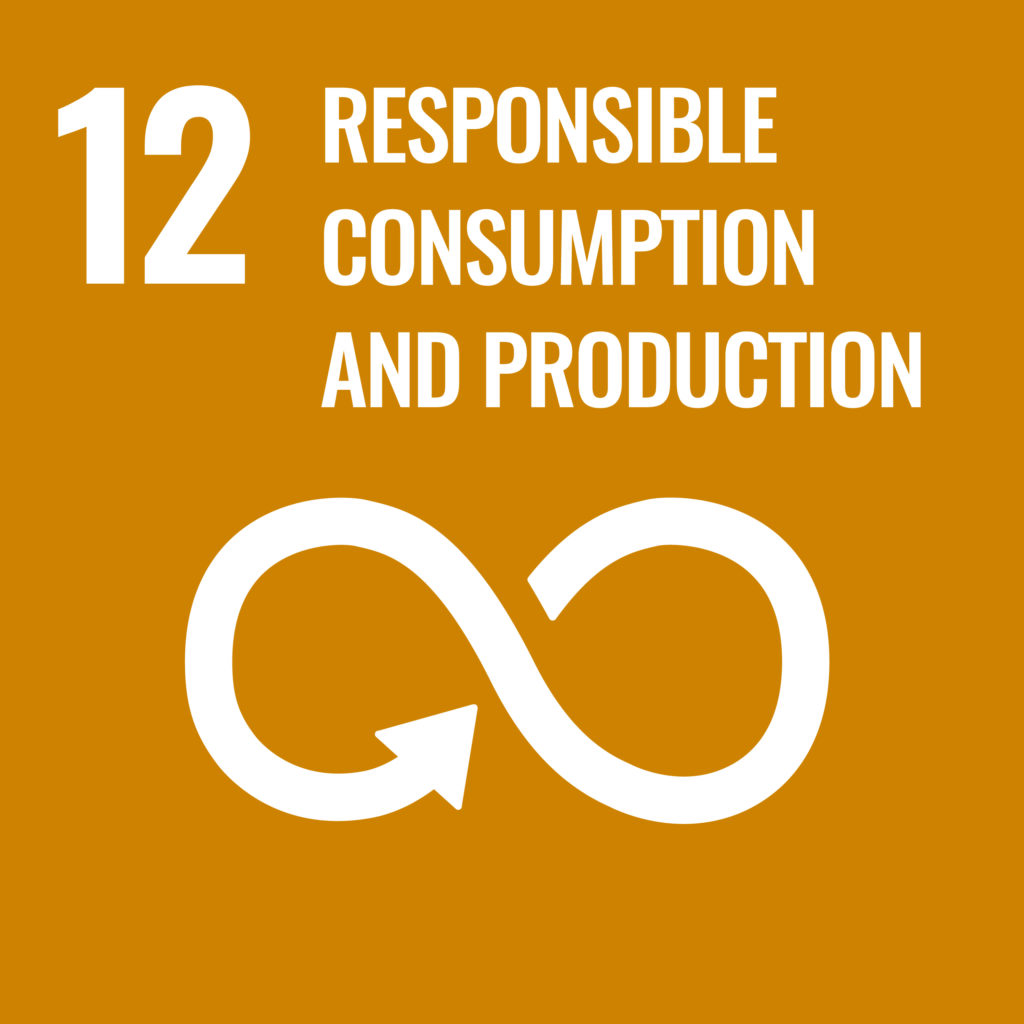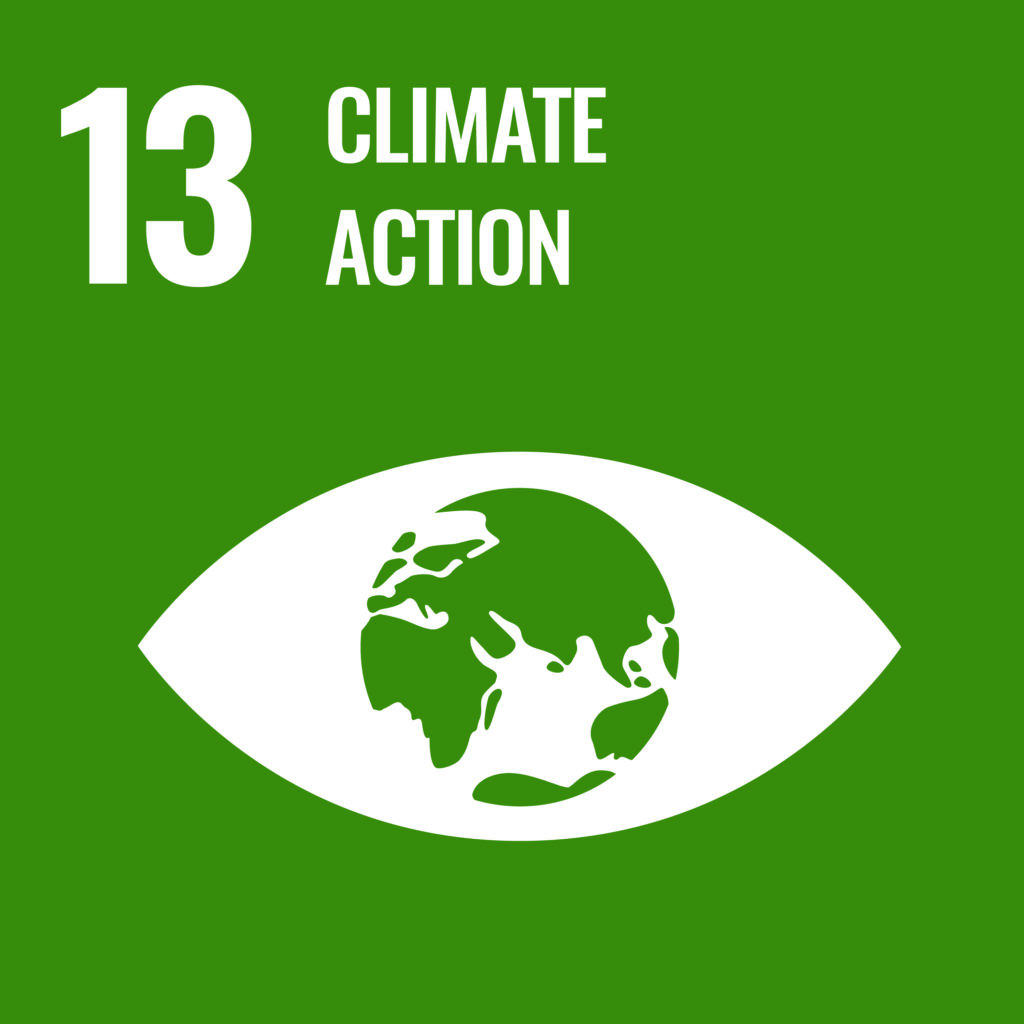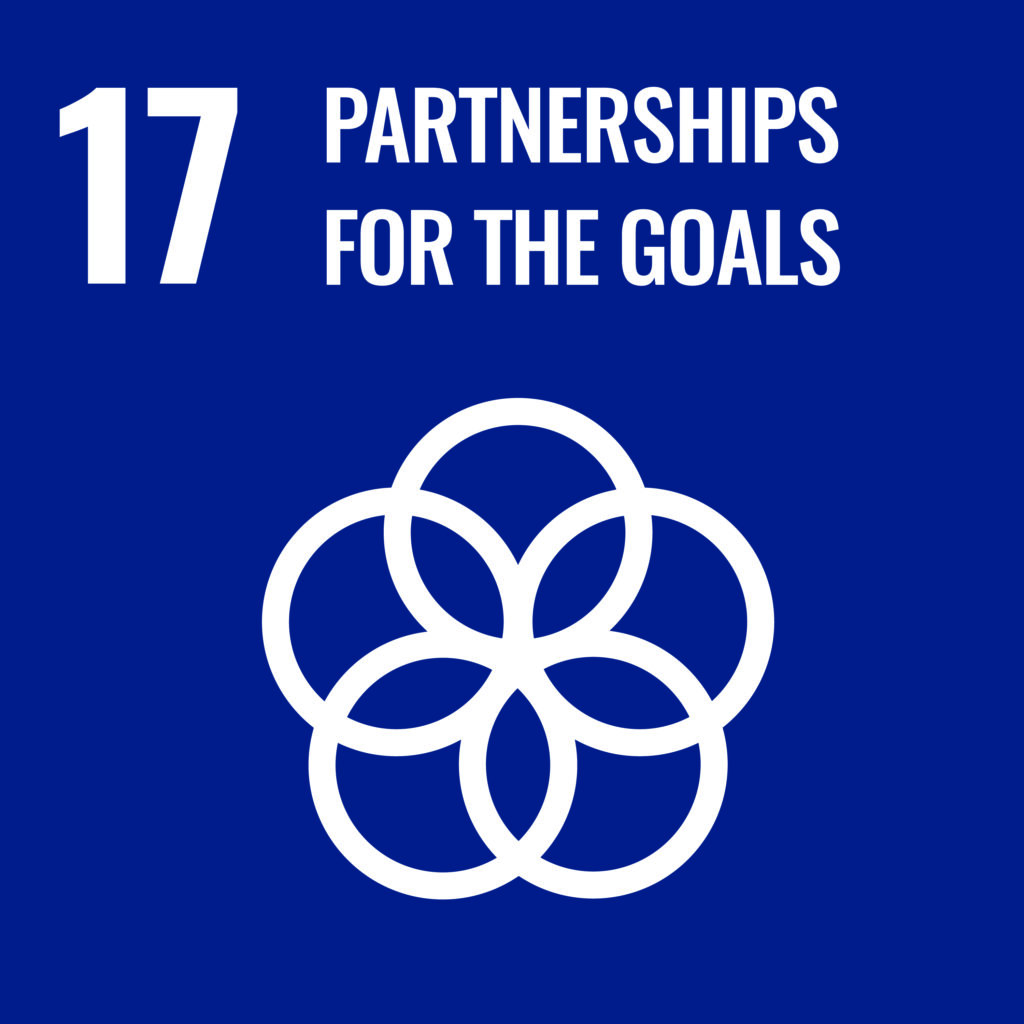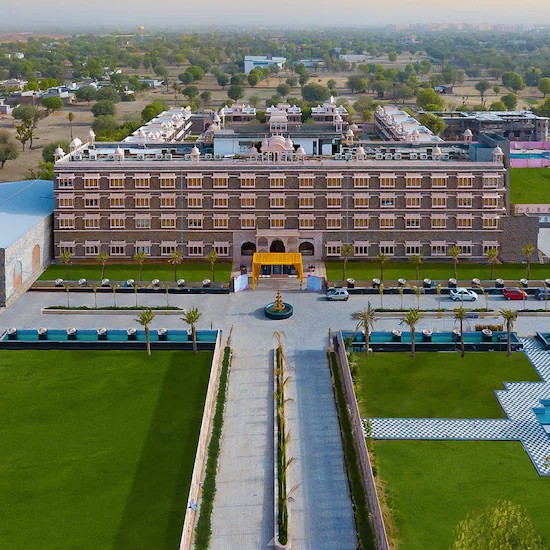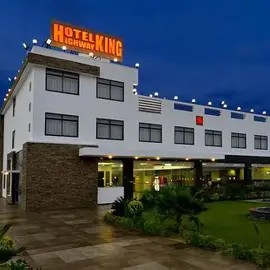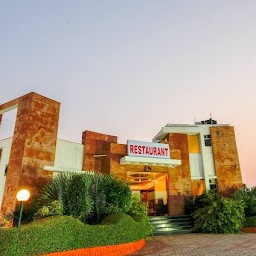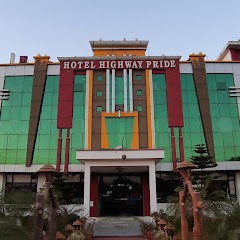1st International Conference on WASTE Management (ICWM-2025)
Waste Assessment, Sustainability & Technological Empowerment for
Solid and Liquid Waste Management
November 11-12, 2025 | Manipal University Jaipur



About the Conference
The International Conference on WASTE Management–2025
Organized by: Department of Biosciences, School of Physical and Biological Sciences, FoSTA, Manipal University Jaipur, India
The International Conference on Waste Management–2025 aims to bring together leading researchers, academicians, industry experts, policymakers, and practitioners to explore innovative and sustainable strategies for managing solid and liquid waste. The conference will focus on cutting-edge technologies, circular economy models, and integrated waste treatment systems to achieve a pollution-free and resource-efficient future.
Through knowledge sharing, case studies, and collaborative discussions, the event will highlight technological innovations, socio-environmental impacts, and policy frameworks that are vital to building a sustainable waste management ecosystem aligned with India’s Swachh Bharat Mission, Net Zero targets, and the United Nations Sustainable Development Goals (SDGs). Conference Themes
Topics include, but are not limited to:
- Circular economy and waste valorization
- Sustainable solid and liquid waste management strategies
- Advanced biotechnological solutions for waste treatment
- Resource recovery and energy generation from waste
- Management of industrial and agricultural effluents
- Community-driven approaches for zero-waste and clean cities
- Policy interventions and regulatory frameworks for pollution control
- Eco-innovative technologies for emerging pollutant removal
Important Deadlines
Oct 20, 2025
Sept 30, 2025
Oct 25, 2025
Nov 01, 2025
Publication
All presented papers will be published in the abstract book by the Department of Biosciences, Manipal University Jaipur. Selected high-quality papers will be eligible for publication in Scopus indexed Springer book following a rigorous peer-review process. Additionally, peer-reviewed and high-quality accepted papers will be published in the Scopus index Q3 Journal of Applied Biology & Biotechnology (JABB) on an additional payment basis.


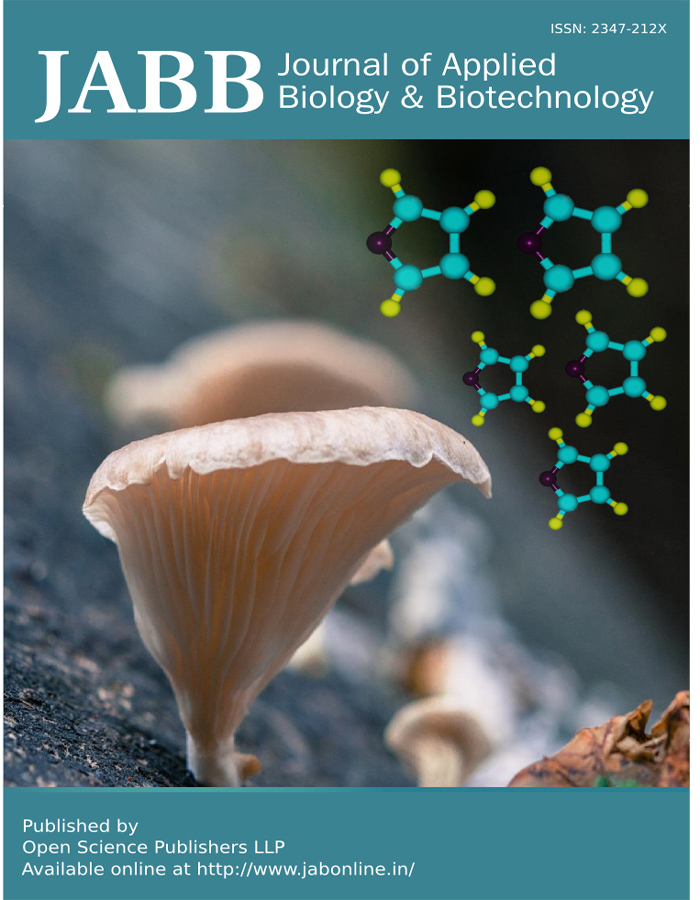
Chief Guest / Guest of Honor
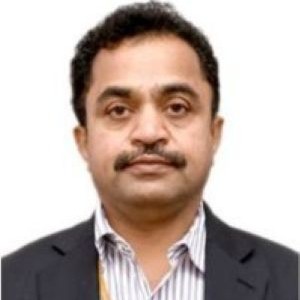
Dr. G.V. Raghunath Reddy
Cheif Guest
Scientist F, Climate, Energy & Sustainable Technology (CEST) Division
Department of Science & Technology,
Ministry of Science & Technology, Govt of India.

Prof. Akhilendra Bhushan Gupta
Guest of Honor
Professor-HAG,
Malaviya National Institute of Technology Jaipur, India
Keynotes Speakers
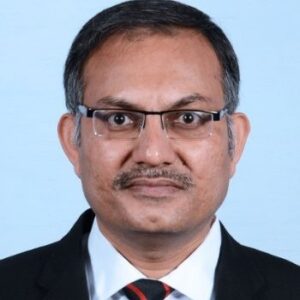
Prof. Ajit Pratap Singh
Senior Professor
Department of Civil Engineering, BITS Pilani, Pilani Campus

Prof. Brajesh Kumar Dubey
Professor
Department of Civil Engineering
Indian Institute of Technology Kharagpur, West Bengal

Prof. Yael Laor
Researcher
Volcani Institute of Soil, Water and Environmental Science, Newe Ya’ar Research Center, Israel

Prof. Ajay S. Kalamdhad
Professor
Department of Civil Engineering, Indian Institute of Technology Guwahati, Assam
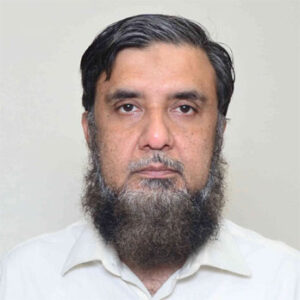
Prof. Absar Ahmad Kazmi
Professor
Department of Civil Engineering, Indian Institute of Technology Roorkee, Uttarakhand

Prof. Ashok Pandey
Executive Director
Centre for Energy and Environmental Sustainability, Uttar Pradesh

Prof. Pradeep Verma
Professor
Department of Microbiology, Central University of Rajasthan, Rajasthan
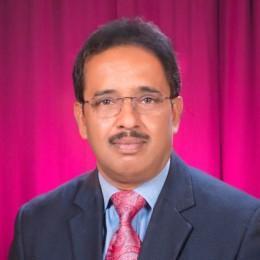
Prof. Izharul Haq Farooqi
Professor
Department of Civil Engineering, Aligarh Muslim University,
Uttar Pradesh
Invited Speakers

Prof. Abhishek Sharma
Visiting Professor
Department of Chemical Engineering, BITS Pilani, Goa Campus
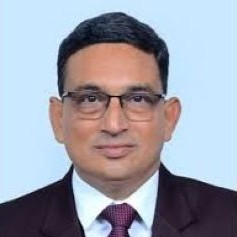
Prof. Shailesh Godika
Professor
Department of Plant Pathology SKN, University of Agriculture, Rajasthan

Dr. Lalit Goswami
Research Professor
Department of Civil Engineering, Kyung Hee University, Republic of Korea

Dr. Eldon R Rene
Associate Professor
IHE Delft Institute for Water Education, Netherland

Dr. Vaibhav Srivastava
Researcher and Group Leader
KTH Engineering Sciences in Chemistry, Biotechnology and Health, Stockholm, Sweden

Dr. V. Vivekanand
Assistant Professor
Center for Energy & Environment, Malaviya National Institute of Technology,
Rajasthan

Dr. KC. Maturi
Assistant Professor
Civil Engineering, School of Technology, Gati Shakti Vishwavidyalaya, Gujrat
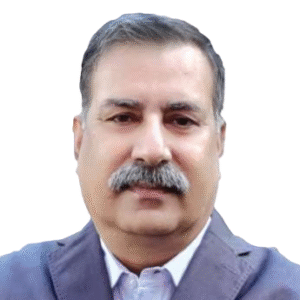
Mr. Jeekesh Arora
Founder and CEO
Inch Enviro Technologies Private Limited, Rajasthan
About the Organizer
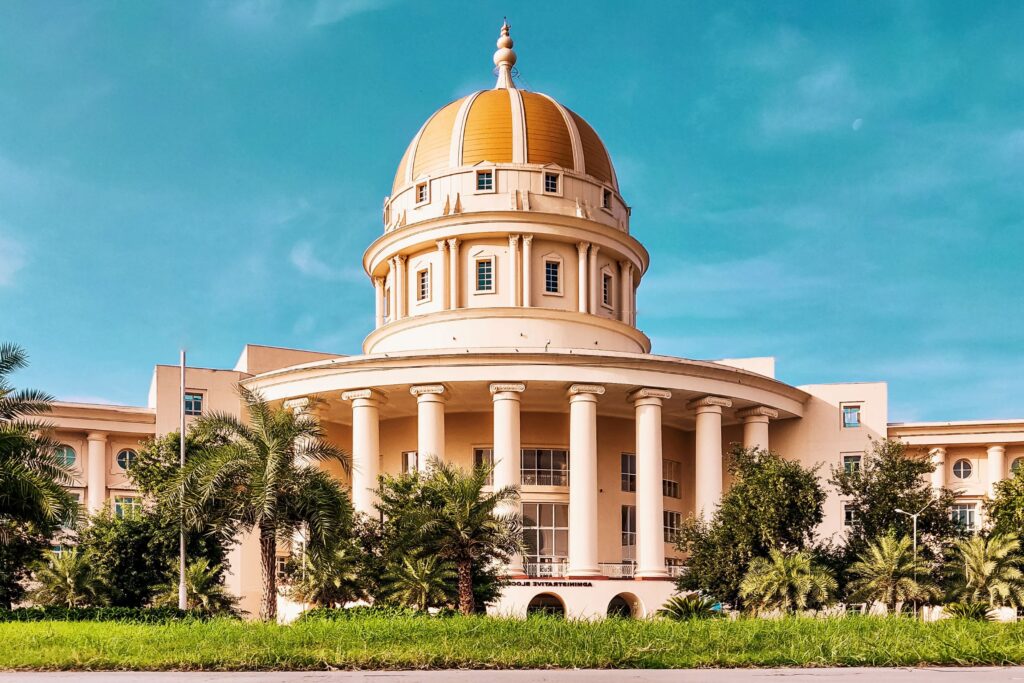
Manipal University Jaipur, India
Organized by: – Department of Biosciences, School of Physical and Biological Sciences, FoSTA
The Manipal Education and Medical Group is an established leader in the field of education, research and healthcare. In a span of over six decades, it has transformed the lives of more than 3,00,000 students from over 59 countries. The group includes five Universities – Manipal Academy of Higher Education (MAHE, Karnataka), Sikkim Manipal University (Sikkim), American University of Antigua (Caribbean Islands), Manipal International University (Malaysia) and Manipal University Jaipur (Jaipur).
Manipal University Jaipur was launched in 2011 on an invitation from the Government of Rajasthan, as a self-financed State University. MUJ has redefined academic excellence in the region, with the Manipal way of learning; one that inspires students of all disciplines to learn and innovate through hands on practical experience.
Read More
Accommodations
How to Reach
Manipal University Jaipur is well connected to major transport hubs in the city. It is located approximately 25 km from the Jaipur Bus Stand, 24 km from Jaipur Railway Station, and about 27 km from Jaipur International Airport. Visitors can conveniently reach the campus from any of these locations using prepaid taxi services, app-based cabs, or other local transport options.
